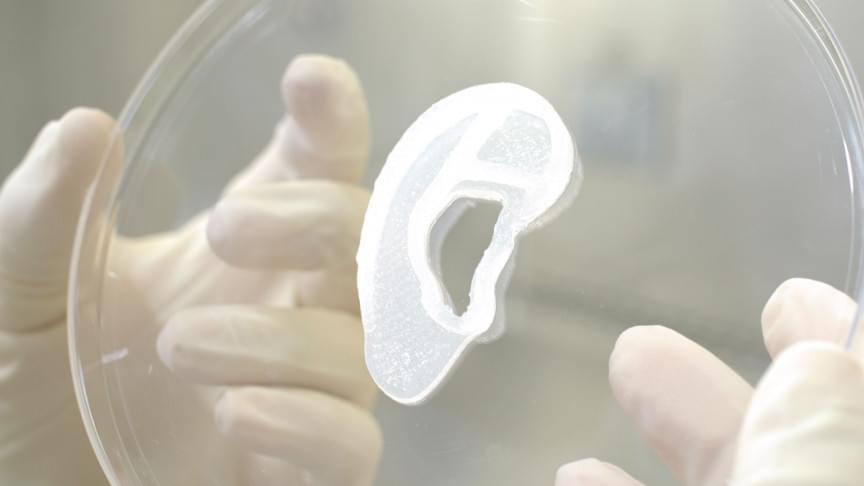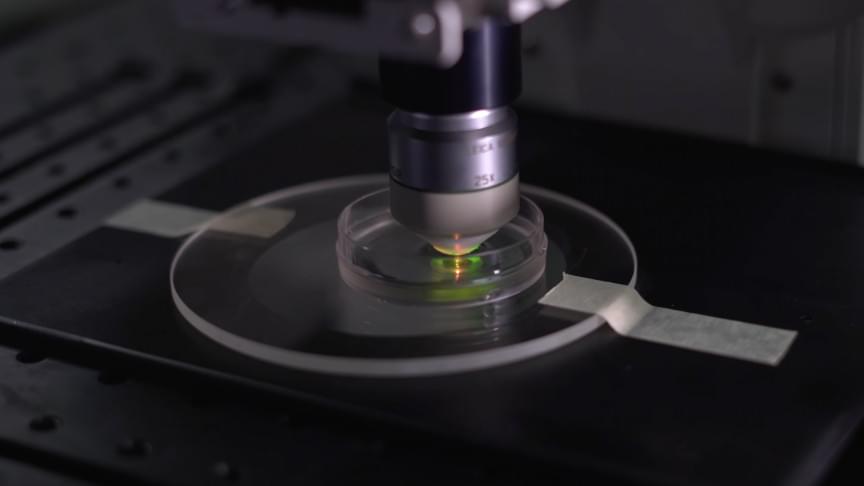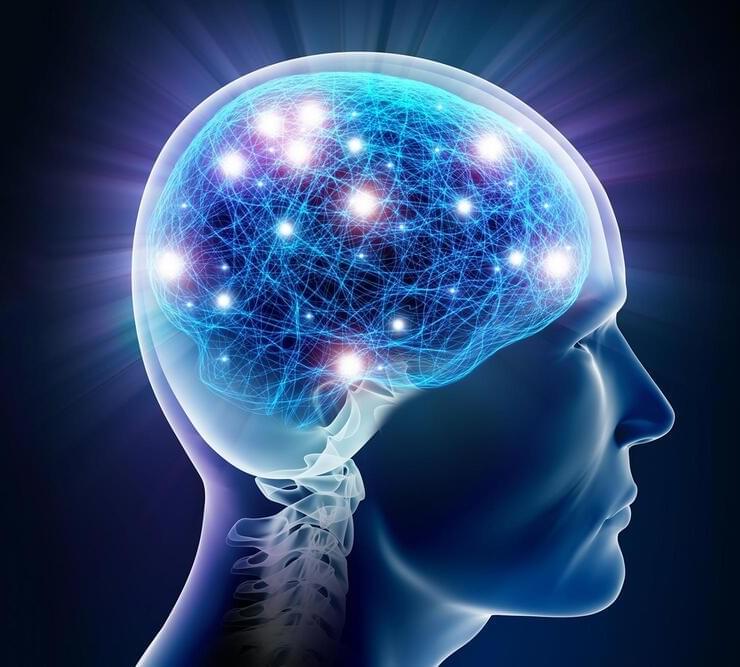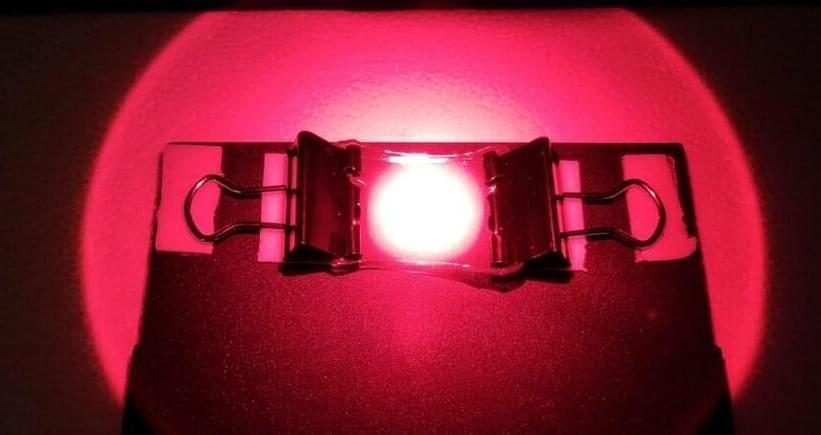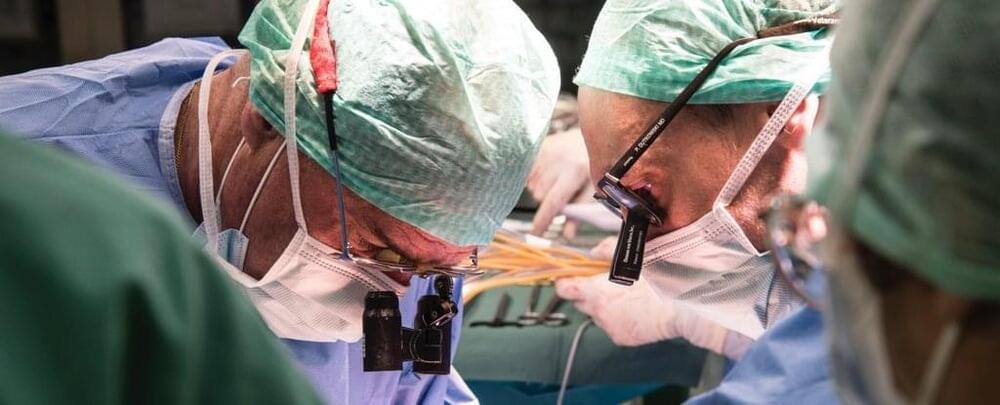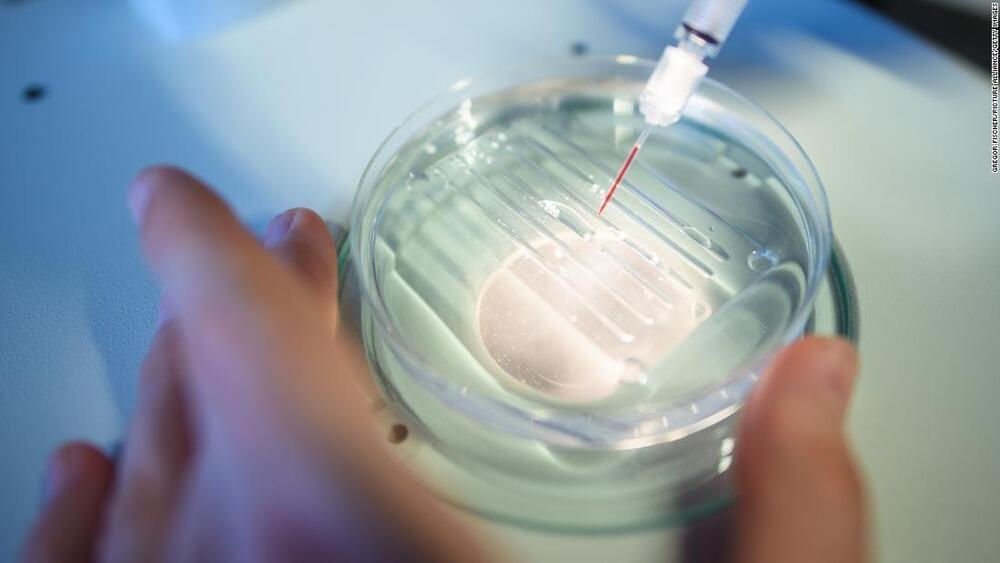Jun 2, 2022
Why the search for a privacy-preserving data sharing mechanism is failing
Posted by Michael Taylor in categories: biotech/medical, finance, security
From banking to communication our modern, daily lives are driven by data with ongoing concerns over privacy. Now, a new EPFL paper published in Nature Computational Science argues that many promises made around privacy-preserving mechanisms will never be fulfilled and that we need to accept these inherent limits and not chase the impossible.
Data-driven innovation in the form of personalized medicine, better public services or, for example, greener and more efficient industrial production promises to bring enormous benefits for people and our planet and widespread access to data is considered essential to drive this future. Yet, aggressive data collection and analysis practices raise the alarm over societal values and fundamental rights.
As a result, how to widen access to data while safeguarding the confidentiality of sensitive, personal information has become one of the most prevalent challenges in unleashing the potential of data-driven technologies and a new paper from EPFL’s Security and Privacy Engineering Lab (SPRING) in the School of Comupter and Communication Sciences argues that the promise that any data use is solvable under both good utility and privacy is akin to chasing rainbows.


